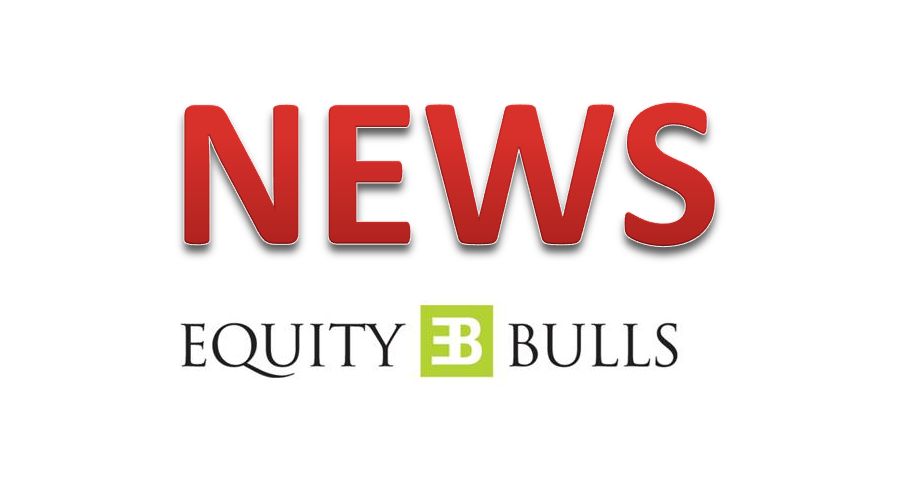 Saint-Gobain Sekurit India Ltd posts Rs. 10.76 crores PAT in Q2FY26
Saint-Gobain Sekurit India Ltd posts Rs. 10.76 crores PAT in Q2FY26 Strides Pharma Science Ltd consolidated Q2FY26 net profit climbs to Rs. 127.53 crores
Strides Pharma Science Ltd consolidated Q2FY26 net profit climbs to Rs. 127.53 crores ASI Industries Ltd Q2FY26 profit at Rs. 81.30 lakhs
ASI Industries Ltd Q2FY26 profit at Rs. 81.30 lakhs Jubilant Pharmova Ltd consolidated Q2FY26 net profit rises to Rs. 120.3 crores
Jubilant Pharmova Ltd consolidated Q2FY26 net profit rises to Rs. 120.3 crores Bharat Electronics Ltd Q2 FY2025-26 consolidated profit at Rs. 1287.77 crores
Bharat Electronics Ltd Q2 FY2025-26 consolidated profit at Rs. 1287.77 crores
Industry News
Sanovi Launches Intelligent Recovery-as-a-Service (RaaS) Solutions for Any Cloud
Posted On : 2015-02-22 09:31:08( TIMEZONE : IST )

Gartner "Cool Vendor" Sanovi [www.sanovi.com], the leading provider of business continuity and IT recovery software, today announced the general availability of ADC RaaS intelligence. Sanovi has developed a new recovery-as-a-service (RaaS) technology, called "application defined continuity intelligence," or "ADC intelligence for RaaS." Recognized as a RaaS innovator by leading analyst firms such as Gartner, Frost & Sullivan and others, ADC intelligence captures an application's complete continuity profile. It also has the ability to map the application's profile to a specific cloud's architecture and requirements.
Service providers like to offer recovery in the cloud because it gives them the ability to administer disaster recovery (DR) quickly, without the need to invest in in-house expertise. RaaS in the cloud is particularly interesting because the applications in production do not have to be replicated. That means, if done right, enterprises and service providers don't have to commit significant investments in order to provide disaster recovery.
Converged infrastructures such as FlexPod (Cisco UCS and NetApp storage) and VMware VBlock (Cisco UCS, EMC storage and VMware vCenter) are also fast replacing siloed infrastructure, for cloud service providers in particular. In this new cloud era, DR solutions must accommodate the rapid growth and migration needs of applications on elastic and dynamic converged infrastructures. The new paradigm for cloud business continuity and IT recovery requires:
- A service-centric approach with self-service catalogs
- Automated management, monitoring and reporting
- Consumption-based billing based upon DR resource usage
A company can meet DR and recovery SLA obligations on a fairly low budget. A service provider can offer DR to its clients for less money than traditional models. It is only when they do full testing that they have to pay for all the capabilities. However, in order to achieve this, they need the right tools in place: automation and reporting telling them everything is running. Service providers can actually make money based on the subscription and additional services performed. According to Gartner, the RaaS market will grow to $1.2 Billion USD by 2017.
